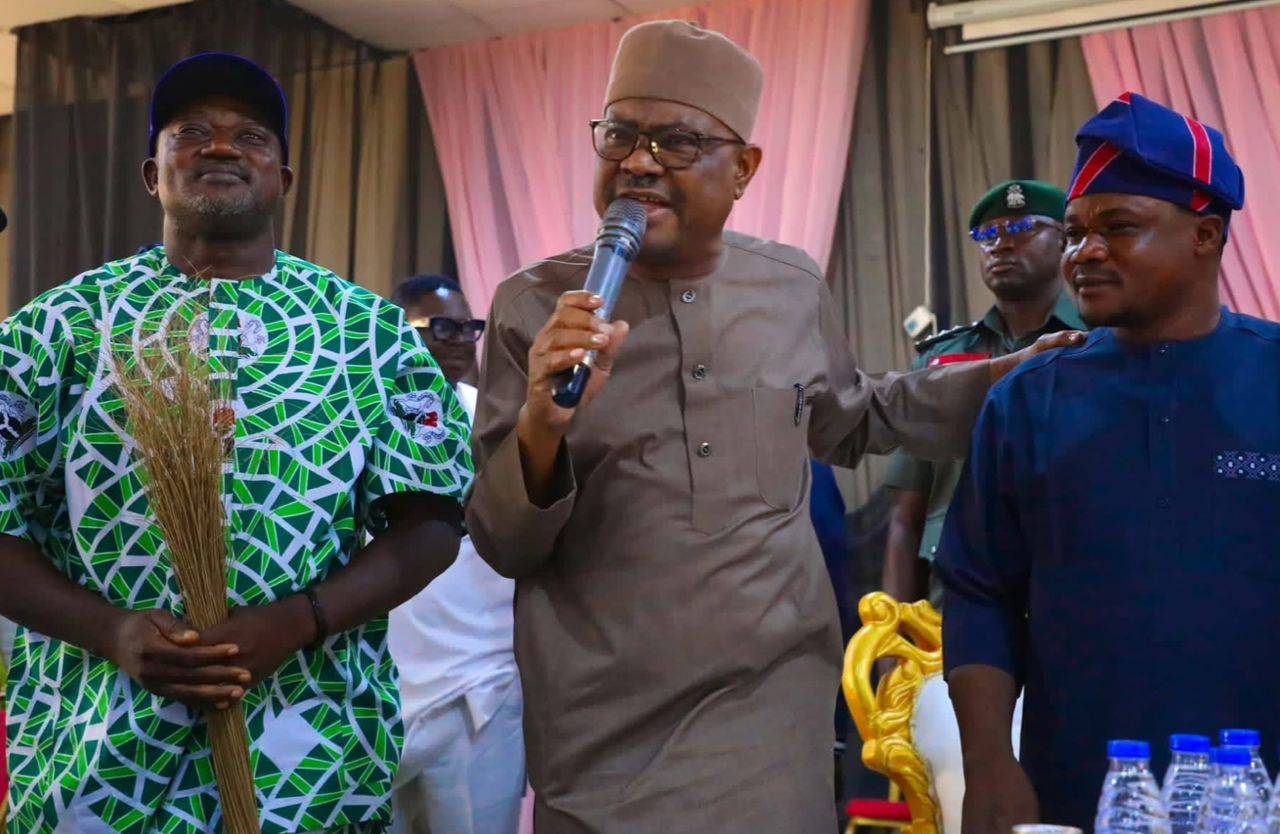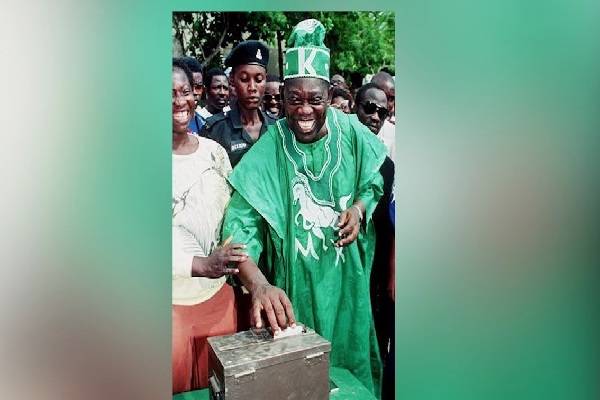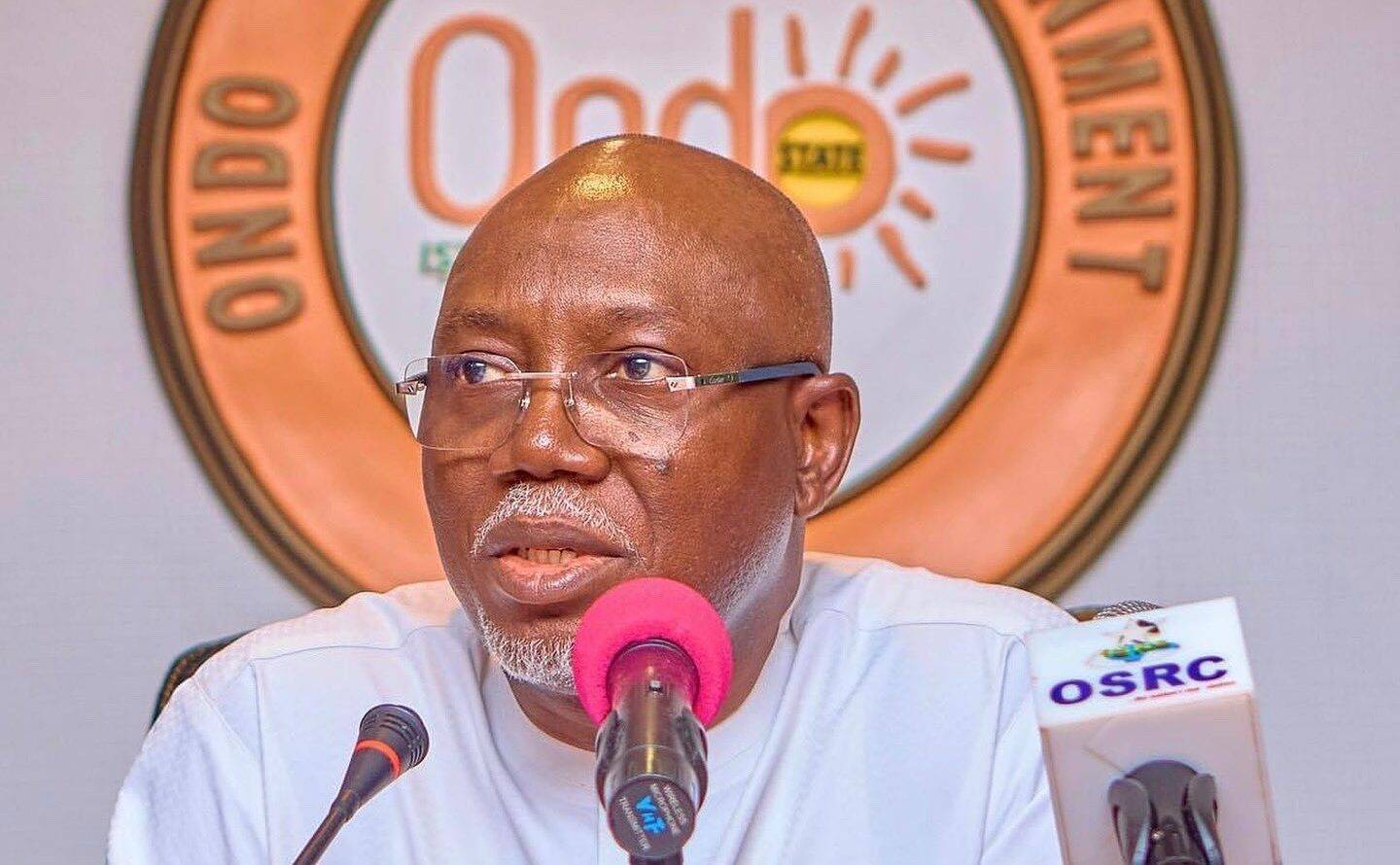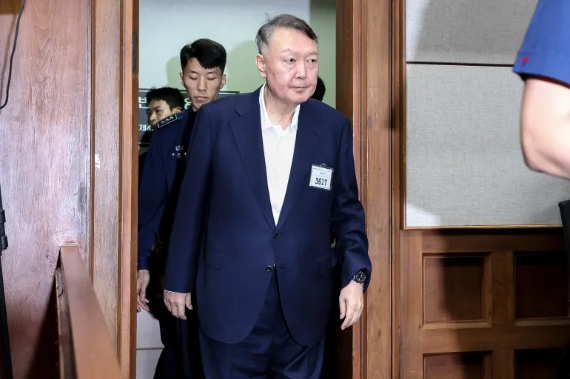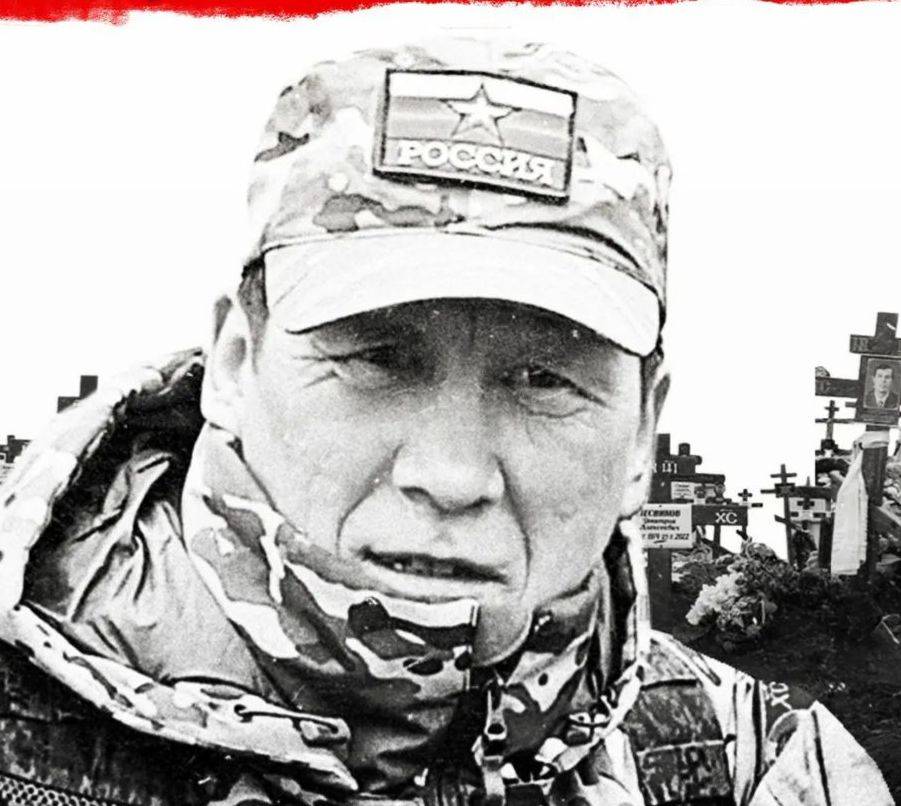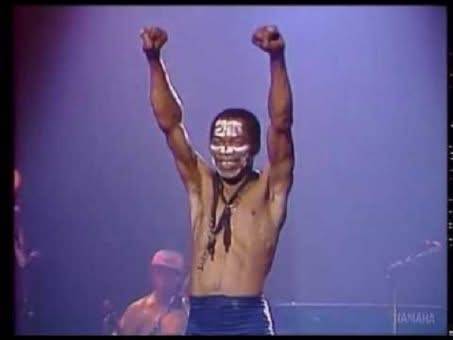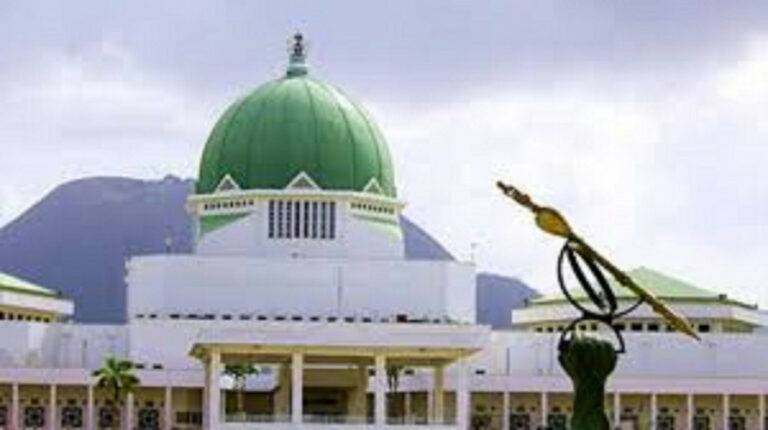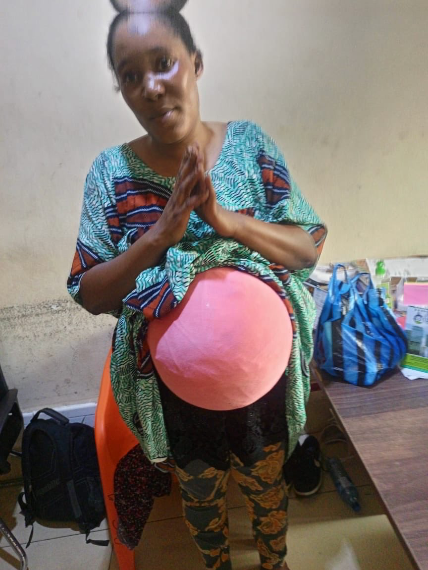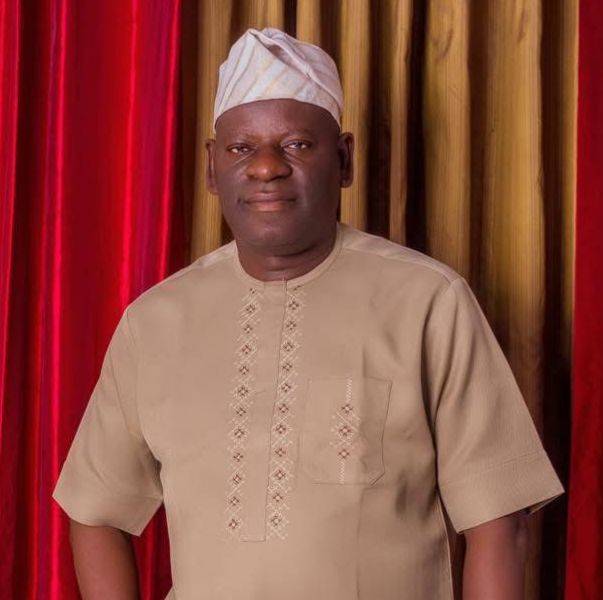Until President Bola Tinubu grants a no-holds-barred interview to explain himself, Nigerians will be left with conjectures on why it took nearly six months after he was elected to emplace his cabinet. Constituting a cabinet at the state level is a cakewalk; replicating the process at the federal level is both daunting and nerve-wracking.
There were a few surprises in the Tinubu cabinet, but nothing earth-shaking, not in the list itself, nor in the assignation of portfolios. There were women on the list, but not enough; and there were youths, but also not significantly remarkable.
On the whole, however, and notwithstanding that the cabinet registered little impact on the Richter scale, it is a functional list, one that could conceivably help the president deliver on his vision. Many of the ministers already acquired reputations from different backgrounds; they are thus expected to hold their own in cabinet debates and maintain their points of view. They will of course give quarter, knowing full well that their membership of the cabinet is at the discretion of the president. But they will be loth to abandon their convictions or personalities.
Ex-president Olusegun Obasanjo dominated his cabinet, even towering over his ministers, especially because of his military background and his idiosyncratic impatience and ideological perfunctoriness; and Goodluck Jonathan infected his ministers with his doubts as well as communicated his lack of surefootedness to his cabinet by virtually surrendering critical aspects of his administration to a few individuals in his cabinet. But President Tinubu, given the constellation of big and aging names he has assembled around himself, not to say his earthiness and the permanent grin on his face which youths may find disarming, will probably feel more like primus inter pares. It is, therefore, bewildering why the opposition against him has been both instinctive and unremitting. Instead of recognising and applauding the denotative value of his presidency, that he is a president not beholden to any power group or interest – whether ethnic, religious or class – his opponents in the last presidential poll and their supporters have done everything possible to undermine the election or delegitimise it.
The opponents could not have won, not after fracturing their ranks and playing awful politics, including securing the conspiratorial collusion of the past administration using state economic policies. And as the courts will judge, they in fact never won and, worse, were unable to prove that they won, going by the superficiality of their final written addresses. But obviously, their opposition to the Tinubu presidency, egged on by social and traditional media and other powerful political and economic interests, will continue for a very long time. Some of the opposition wish the entire system to collapse, anarchy to overtake the country, or the military to stage a coup, and have indeed surreptitiously sponsored invitations to that effect on social media. Yet, and profoundly, the Tinubu electoral victory beats a remarkable pathway to a great democratic future where anyone can win the presidency despite huge official and unofficial opposition from the government of the day, despite Nigeria’s errant and ossified religious fault lines, despite ethnic background and population politics, despite intraparty conspiracies, and despite countervailing demographics. But incapable of hard-nosed analyses, Labour Party’s Peter Obi and his pugnacious army of dissenters disregard the opportunities presented by the Tinubu victory to rebuild their coalition in order to make a fresh bid in 2027. Powerful interest groups inspired by people who think like Chief Obasanjo have also failed to see that Poll 2023 represents another opportunity to reclaim and relive the advantages the 1993 election afforded Nigeria to overcome and heal its religious schisms; and that regardless of the size of a presidential aspirant’s ethnic group, it is possible for him to cultivate trust in most parts of the country and build a rainbow coalition that transcends all divisions.
Someday, perhaps soon, many Nigerians will see the value of the 2023 presidential poll outcome. Despite the subtle ethnic and religious blackmail against the judiciary, the courts will rule justly. The system will stabilise, there will be no coup, and notwithstanding the prevailing harsh economic conditions or the identity crisis suffered by Labour unions and their party, the LP, Nigerians will weather the storm, reinvigorate their democracy, rebuild their system and economy, and forge ahead in the hope they can ignite something in the souls of the rest of Africa.
President Tinubu took much longer than expected cobbling together a cabinet, and even began very warily and laboriously in assembling a corps of advisers; but if he manages to regain his composure in rethinking and recalibrating the Nigerian economy while eschewing the spontaneity that has thrown a spanner in the works of his policies, he will have a great and successful presidency. There are bright flashes already in some of his policies, obviously backed by convictions; but out of his seemingly disparate cabinet, he must now forge a kitchen cabinet capable of helping him to avoid the kind of complicating mistakes that dogged his initial and awkward response to the Niger Republic coup crisis, his bold but desultory and palliating approach to fuel subsidy removal, and his inexplicable reluctance to begin engaging with his countrymen.
Credit: The Nation



